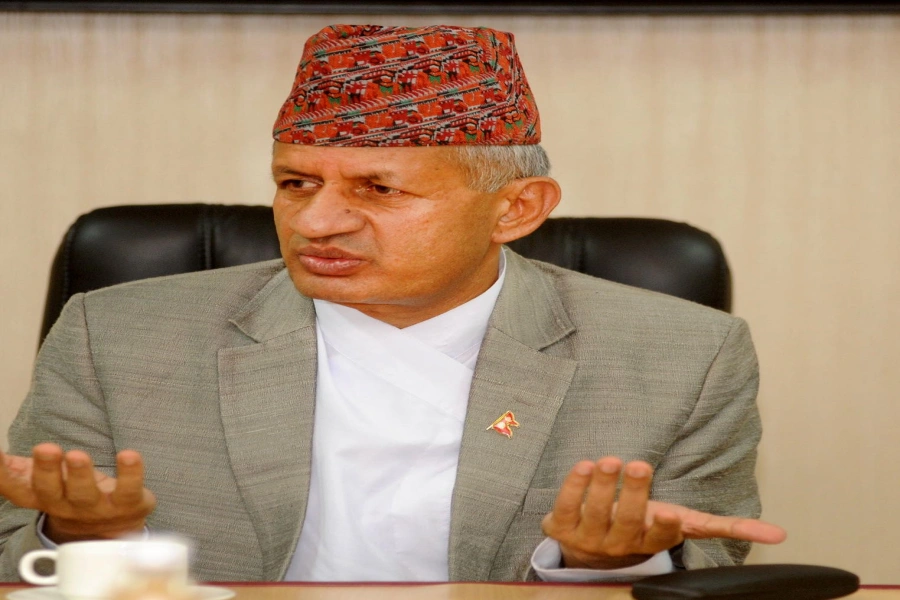KATHMANDU, March 21: India has expressed concern over growing export of soybean oil from Nepal to India even as Nepal has extremely low production of its raw materials.
Sending a letter to the Ministry of Foreign Affairs, the Indian government has sought an authentication on the product from Nepali authority on the Operational Certification Procedure for rules of origin under the South Asian Free Trade Area (SAFTA), said the ministry officials. The move of the Indian authority comes amid its decision earlier to impose a ban on the import of palm oil from Nepal.
Nepal has been facing a number of non-tariff measures from the Indian government on the Nepali products when their export to India starts seeing a surge. Apart from palm oil, Nepal has been facing similar obstruction in tea, ginger and herbal products from the fast growing economic giant in the region.
Palm oil export restriction by Indonesia to affect export of pr...

Refined palm oil has been in the major export list of Nepal in the past few years. In 2019/20, export of this product reached as high as Rs 19 billion. However, its export was halted since April last year after India imposed a ban on import of this commodity.
Now, it’s the turn for soybean oil that has started giving good export revenues to the landlocked country. According to the Department of Customs, Nepal exported soybean oil worth more than Rs 23 billion, mainly to India, in the past eight months of this fiscal year.
Taking advantage of SAFTA provisions, Nepali traders have been exporting these products to India. As per the provisions, India has to allow goods exported from underdeveloped countries like Nepal in duty free facility, provided at least 30 percent value addition to the product is made within the country.
Nepal produces soybean seeds in a small quantity. Nepali traders have been importing crude oil from other countries paying minimum tariffs and then exporting the finished product to India with zero tariff facility.




































